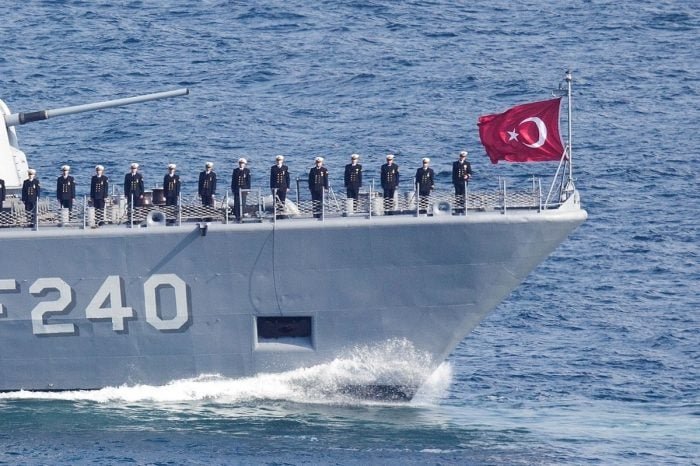
Turkey has halted survey work for a major undersea data cable, a move widely seen as a message to Greece and other regional rivals amid escalating tensions over energy and data infrastructure.
Turkish defense sources confirmed that the Gibraltar-flagged research vessel, Fugro Gauss, was stopped on Wednesday for operating without permission in waters Ankara claims as part of its continental shelf. The ship was conducting surveys for the East to Med Corridor (EMC), a planned fiber-optic cable from Israel to France via Cyprus and Greece.
This project is particularly significant because it offers an alternative to existing data cables that primarily pass through Egypt via the Suez Canal. By connecting Saudi Arabia to Europe through Greece, it is designed to provide a faster, more secure, and lower-latency route for data transmission.
Turkey also opposes the Greece-Cyprus electricity cable
This incident marks a broader escalation in the region. Turkey also reiterated its opposition to the Great Sea Interconnector (GSI), a Greece-Cyprus electrical project. Turkish sources stated they “prevent any unauthorized activity on our continental shelf, and we do not allow activities or projects that disregard our country.” Following the survey dispute, a Turkish Navy frigate was dispatched to the area and approached the vessel.
The EMC project, valued at approximately $850 million, is backed by a Saudi-majority consortium and a 20% stake held by Greece’s Public Power Corporation. The project’s developer, Alcatel Submarine Networks, is also involved in the GSI project, which has been stalled since July 2024.
Ankara’s actions signal a clear bid for inclusion in major regional infrastructure initiatives and a direct message to Athens. With Greece hinting at a possible resumption of the GSI project in September, further Turkish responses are likely. This is not the first time Turkey has intervened in research activity within the region.
Related: Fears of Renewed Greece-Turkey Tension Over Electricity Link to Cyprus


